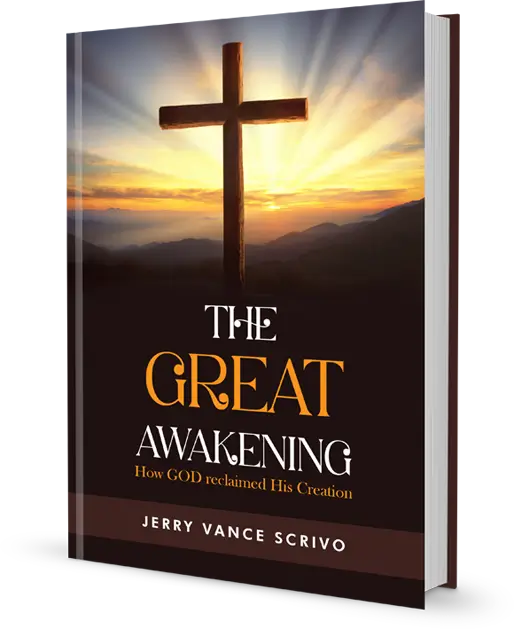Introduction
Books on early Christianity serve as invaluable windows into a transformative period in human history. They uncover forgotten stories, illuminate foundational beliefs, and reveal the social and spiritual forces that shaped the Christian faith. For students, theologians, and believers seeking deeper understanding, exploring the first 100 years of Christianity through these texts offers both historical context and spiritual insight.
Christianity emerged in a world fraught with political tension, social stratification, and cultural diversity. The survival and growth of this fledgling faith were remarkable, considering the threats faced by its earliest followers. Today, books on early Christianity not only inform us about historical events but also provide guidance for modern believers seeking to deepen their faith.
Why Early Christianity Matters Today
Understanding early Christianity beliefs is crucial for contextualizing the modern Christian faith. The early Church was shaped by remarkable individuals who, despite fear and persecution, spread the message of Christ across the Roman Empire. Their beliefs were grounded in scripture, oral tradition, and lived experience, emphasizing love, forgiveness, and community.
Early Christianity beliefs also illustrate the challenges of maintaining faith under extreme social and political pressures. Books about early Christianity detail how apostles and early disciples adapted their teachings to different cultures, ensuring the message of Jesus transcended geographical and societal boundaries.
For contemporary Christians, these historical insights reinforce the resilience of faith. They reveal that the principles guiding the Church today—compassion, moral integrity, and spiritual devotion—are rooted in a lived legacy that has persisted for over two millennia.
The Role of Women in Early Christianity
Women in early Christianity played critical, yet often overlooked, roles in nurturing and spreading the faith. Early texts and historical records reveal that women hosted house churches, provided financial support, and even taught fellow believers. Their contributions were essential for maintaining community cohesion and spiritual growth during a time when Christianity lacked formal institutional structures.
Books on early Christianity highlight figures such as Priscilla, Phoebe, and Junia, whose leadership and devotion were pivotal to the early Church’s expansion. Understanding women in early Christianity not only fills gaps in historical knowledge but also provides modern readers with models of courage, faith, and leadership.
Recognizing these contributions encourages contemporary Christian communities to honor and empower women as integral participants in the ongoing mission of the Church.
Christianity in Early Rome: A Historical Backdrop
To fully grasp early Christianity, one must understand Christianity in early Rome. The Roman Empire provided a complex, often hostile environment for the fledgling faith. Political control, pagan religious dominance, and social hierarchies posed significant challenges to early Christians.
Books on early Christianity detail how believers navigated Roman legal structures, persecution, and cultural expectations. The interplay between early Christianity history and the broader socio-political landscape shows how adaptive, resilient, and innovative these communities were. The faith grew not despite these challenges, but because early Christians actively engaged with their surroundings, spreading their beliefs through personal example, written texts, and oral tradition.
Recommended Books About Early Christianity
For those seeking a deeper understanding, the following books on early Christianity offer comprehensive insights into its history, beliefs, and societal context:
- The Great Awakening: How God Reclaimed His Creation – Jerry Scrivo’s historical examination of the first 100 years of Christianity emphasizes the improbable rise of the Church, highlighting the cosmic battle between good and evil that shaped early Christian history. A must-read for understanding the first century from a faith-centered perspective.
- The Apostolic Fathers – A collection of writings from early Church leaders that provides direct insight into early Christianity beliefs, practices, and challenges faced by the first communities of Christians.
- Women in the Early Church – This book explores women in early Christianity, emphasizing their pivotal roles in sustaining and spreading the faith through leadership, teaching, and acts of service.
- Christianity in the Roman Empire – A scholarly look at Christianity in early Rome, offering historical context about the political, social, and cultural forces that influenced the early Church’s growth.
- Early Christian History: From Jesus to the First Council of Nicaea – This comprehensive volume traces early Christianity history, illustrating how doctrine, community organization, and missionary work developed across the Roman world.
- The Didache and Other Early Christian Writings – An accessible introduction to the practices and beliefs of early Christians, highlighting ethical teachings, ritual practices, and community guidelines.
These books collectively offer readers a multifaceted understanding of early Christianity, blending historical analysis with spiritual reflection.
Bridging Past and Present Through Faith
Exploring books on early Christianity not only informs historical understanding but also strengthens modern faith. Christian faith books and Christian books to grow your faith offer practical applications for daily life, providing moral guidance, inspiration, and spiritual resilience.
By studying early Christianity beliefs, readers gain perspective on enduring challenges such as persecution, societal pressure, and moral dilemmas. They see how foundational principles, such as love, forgiveness, and community, have remained constant across centuries.
Books about early Christianity also encourage reflection on the role of faith in personal and communal life. By connecting past practices and beliefs with modern experiences, these works help believers navigate contemporary challenges with confidence, rooted in the wisdom and legacy of early Christians.
Conclusion
Books on early Christianity are more than historical accounts—they are essential guides to understanding the evolution of faith, the resilience of early believers, and the often-overlooked contributions of women in shaping the Church. From exploring early Christianity history to examining Christianity in early Rome, these works provide a nuanced and actionable perspective for today’s readers.
For modern believers seeking inspiration, context, and a deeper connection to their faith, engaging with Christian faith books, Christian books to grow your faith, and books on early Christianity opens pathways to enriched spiritual understanding. These texts bridge the past and present, offering lessons from the first 100 years of the Christian Church that continue to resonate in contemporary life.



